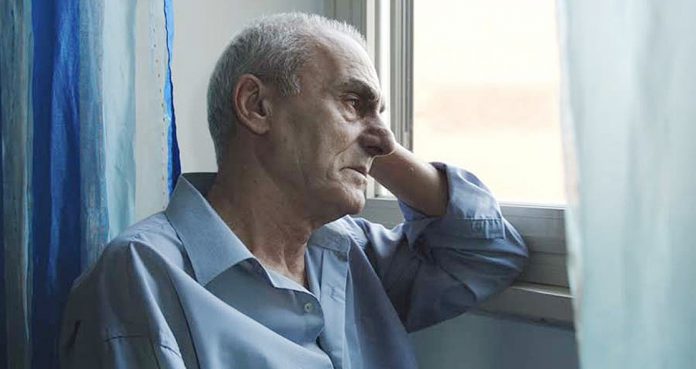Americans are in the middle of a “loneliness epidemic,” with a study of more than 20,000 adults found that nearly half of them feel they are lonely.
A new study, published in the journal Psychology and Aging, has found that older people are no longer lonelier than those from previous generations are. However, there are many Baby Boomers (people born between 1946 and 1964) transiting to senior status who are more lonely.
Lead study author Louise Hawkley said, “We found no evidence that older adults have become any lonelier than those of a similar age were a decade before.”
“However, average reported loneliness begins to increase beyond age 75, and therefore, the total number of older adults who are lonely may increase once the baby boomers reach their late 70s and 80s,” she added.
Hawley and her team looked at data from the National Social Life, Health and Aging Project and the Health, and Retirement Study, conducting three different surveys.
They first survey examined data from 2005 to 2006, which included more than 3,000 people born between 1920 and 1947. The second survey included data from 2010 to 2011 from more than 3,300 people from the previous survey who were alive. The third survey was conducted from 2015 to 2016, which included more than 4,700 people born between 1948 and 1965.
The researchers examined the participants’ loneliness level, educational attainments, marital status, number of family members and friends alive, and overall health.
They found that people between the ages of 50 and 74 were less likely to be lonely, but it was more likely after the age of 75. There was no significant difference in the level of loneliness between baby boomers and adults of similar age of earlier generations.
Hawkley noted, “Loneliness levels may have decreased for adults between 50 and 74 because they had better educational opportunities, health care and social relationships than previous generations.”
The author explained that older people above 75 were found to be more lonely probably due to factors such as poor or declining health or the loss of a loved one, such as a significant other or spouse. “Our research suggests that older adults who remain in good health and maintain social relationships with a spouse, family or friends tend to be less lonely,” added Hawkley.




















